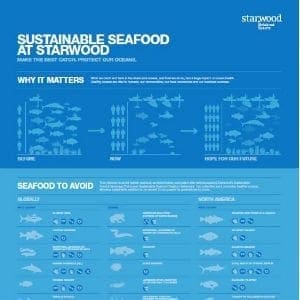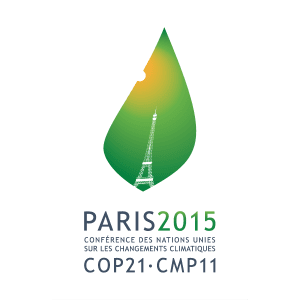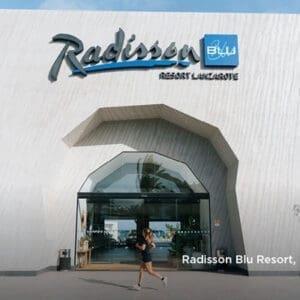Despite their differences in room supply, independent properties share some distribution difficulties. A new Phocuswright report, in partnership with h2c, undertook an extensive study of the independent lodging marketplace in six major markets: France, Germany, Italy, Spain, the U.K. and the U.S.
These markets consider direct web to be their most important channel, but are more reliant on intermediaries for their online bookings than are chains, according to Phocuswright and h2c’s Independent Lodging Market: Marketing, Distribution and Technology Strategies for Non-Branded Properties.
Independents in Europe and the U.S. are also concerned with the increasing cost of third-party reservations, but many lack the tools and resources to make effective pricing and distribution decisions.
“Although most independents would like to drive an increased percentage of bookings directly, many are limited by tight budgets,” says Peter O’Connor, Phocuswright’s senior market analyst. “While they devote the majority of their marketing budget to online channels, its effectiveness is clearly limited. Most are failing to proactively reach out into the marketplace.”
Bound by the common desire to remain independent, most lack the tools, resources and expertise to make strategic decisions and compete effectively with chains. How they adopt and implement technology solutions – and manage multiple channels – will determine how and if they continue to prosper.
Phocuswright and h2c’s Independent Lodging Market: Marketing, Distribution and Technology Strategies for Non-Branded Properties establishes the size of the independent lodging market, both in terms of online room revenue as well as share of the total lodging segment in each market. The report delves into these properties’ channel distribution and how they use intermediaries, how they engage in marketing and promotion, how they allocate marketing resources, and much more.

















